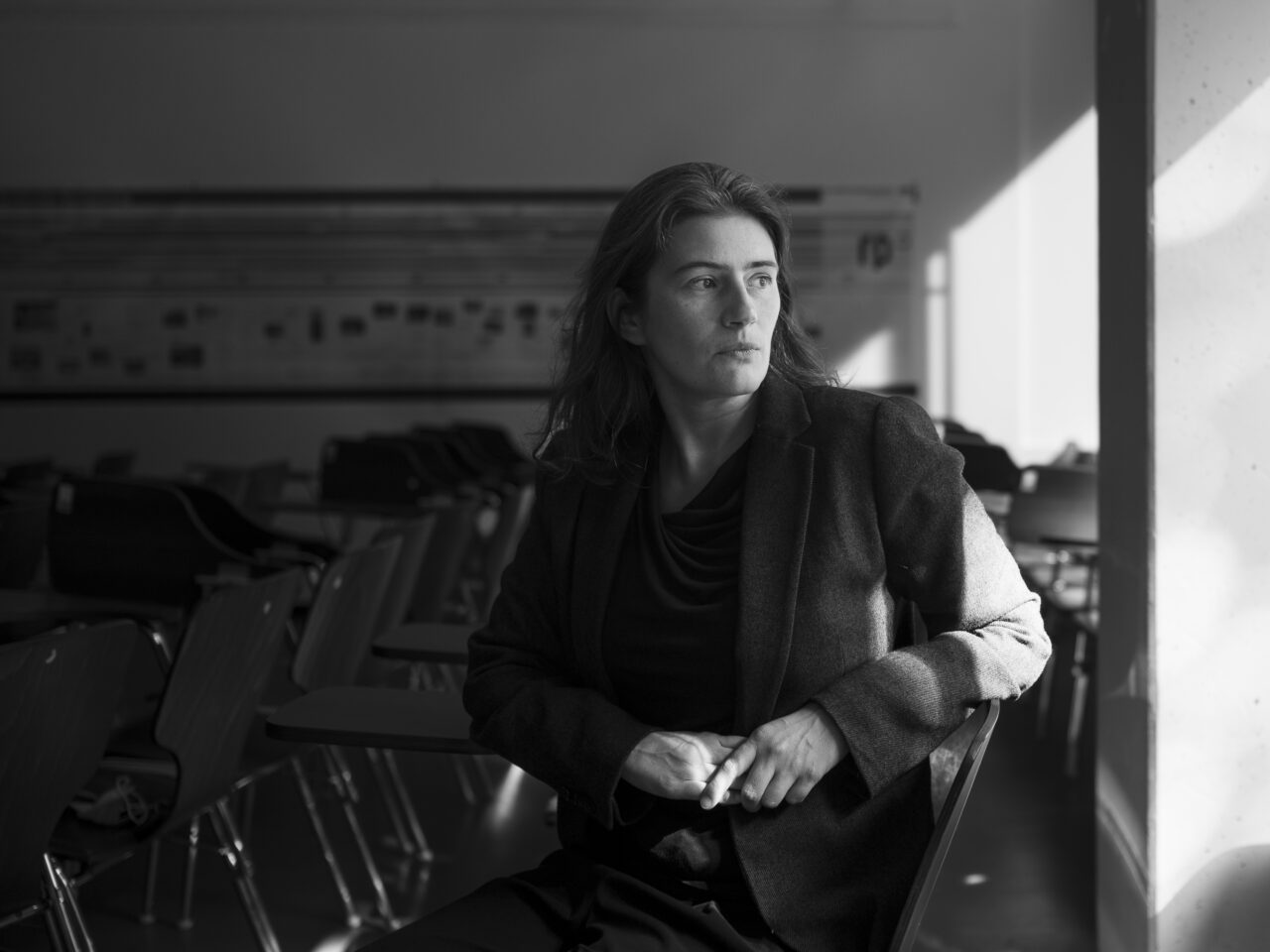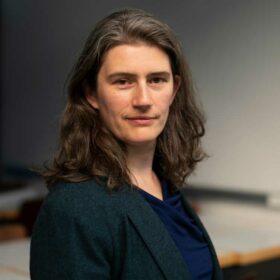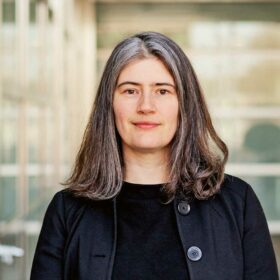
Eva Heinen is the newly appointed Professor for Transportation and Mobility Planning in the Institute for Transport Planning and Systems (IVT). In the interview, she discusses how strategies to reduce car use and address congestion affect social groups differently.
How would you describe the quality of transportation in Switzerland, and what aspects of the transportation system do you find most compelling?
Transportation, especially public transportation, is very well developed in Switzerland. I knew about this reputation before I came here, and I am happy to experience the high quality every day. I find the entire mobility system fascinating, especially how different people travel and how their surroundings impact their transportation choices.
Many cities face congestion and pollution issues due to increased car usage. Based on your experience, what are the most effective strategies to tackle these challenges?
This is a delicate topic, but if the goal is to reduce car use or encourage a modal shift away from the car, making driving more difficult and expensive is the most effective strategy. This can be addressed at various stages – purchase, ownership, usage, and parking. Unfortunately, these measures are often the least accepted.
The issue is further complicated by inequalities in both travel behaviour and the impact of pricing. Less affluent individuals tend to travel less, but they are more severely affected by pricing measures, especially if they rely on cars due to living in less central areas. In contrast, wealthier individuals tend to travel more but are less sensitive to price increases. Therefore, while these strategies may be effective, their implementation is complex and politically sensitive due to the unequal impacts on different groups.
Given that the transport sector has traditionally lacked diversity, what steps do you believe should be taken to improve inclusivity in transportation science and industry?
I believe that my field is no longer as dominated by any one group as it once was. Colleagues who are 10-20 years older sometimes share experiences that I have rarely encountered myself. However, there is still much to be done, not just in terms of gender equality but in promoting inclusivity overall. The transportation system has historically been planned by – and often for – a subset of the population. I think my position itself already contributes to increasing diversity in the long term. In my role, I can further raise awareness through my teaching and, of course, take inclusivity into account when recruiting.
A Full Professor in the Department of Civil, Environmental and Geomatic Engineering (D-BAUG), Eva Heinen is also Deputy Head of the Institute for Transport Planning and Systems. She joined ETH Zurich in the summer of 2024 following previous professorial, research and teaching appointments at TU Dortmund, the Norwegian University of Science and Technology (NTNU), and University of Leeds, among others. Eva Heinen’s interdisciplinary research looks at mobility and transportation at the intersection of sustainable development, transport planning, spatial planning, and health. Her research on non-motorised traffic led to the establishment of an interest group at the World Conference on Transport Research Society (WCTRS).

